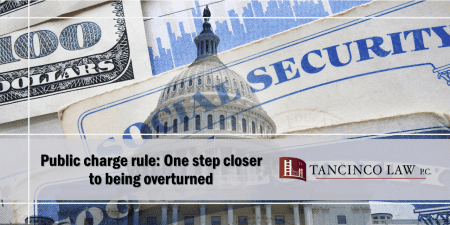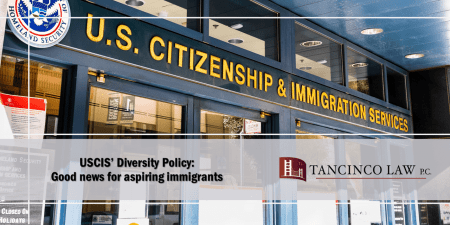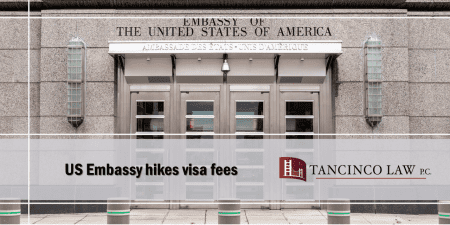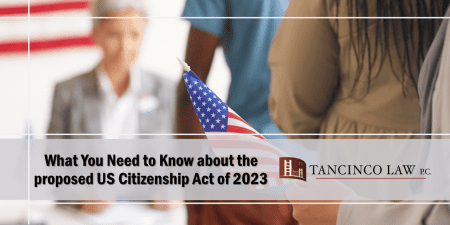The Senate passed a resolution on May 17, 2023, to overturn the Biden administration public charge rule which made it more difficult for immigrants to obtain legal status if they used certain public benefits.
The resolution, which was sponsored by Senator Roger Marshall (R-KS), passed by a vote of 50-47.
Two Democrats, Joe Manchin of West Virginia and Jon Tester of Montana, joined all 50 Republicans in voting for the resolution.
The resolution now moves to the House of Representatives, where it is expected to pass.
If it is passed by the House and signed into law by President Biden, the public charge rule will be overturned.
Why this matters for aspiring permanent residents
The overturning of the public charge rule would be a major victory for aspiring permanent residents.
The rule made it more difficult for immigrants to obtain legal status if they used certain public benefits, such as food stamps, Medicaid, and housing assistance. This disproportionately impacted low-income immigrants, who are more likely to use these benefits.
The overturning of the public charge rule would make it easier for low-income immigrants to obtain legal status. This would allow them to come out of the shadows and contribute more fully to the US economy and society.
What can you do to help?
If you are an aspiring permanent resident, there are a few things you can do to help ensure that the public charge rule is overturned.
- Contact your elected representatives and urge them to support the resolution to overturn the public charge rule.
- Sign petitions and join rallies in support of overturning the public charge rule.
- Educate yourself and others about the public charge rule and its impact on immigrants.
If you need guidance on seeking permanent residence and working around this rule until it is overturned, reach out to your trusted immigration lawyer.






